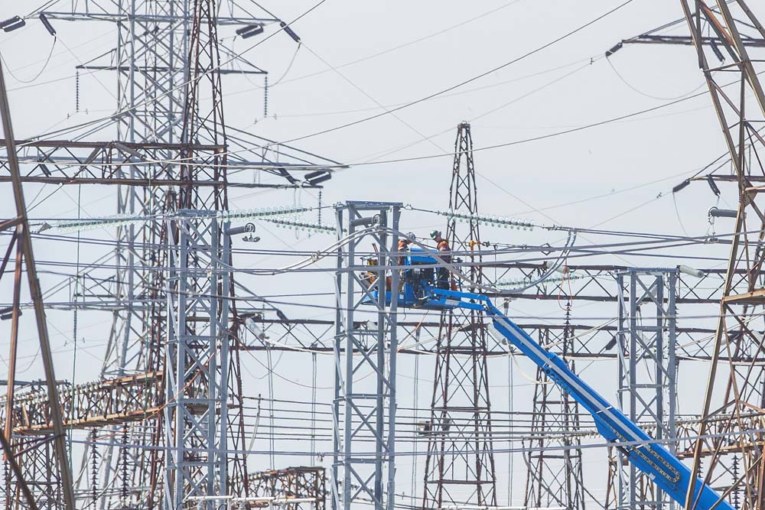
Hydro One Ltd.’s plan to acquire Avista Corp. is the latest example of a major Canadian utility snapping up assets in the U.S., part of a wave of deals totalling roughly $87 billion in the past 18 months.
On Wednesday the company announced plans to purchase Avista in an all-cash deal valued at $6.7 billion. It separately announced a $1.4 billion equity issuance to raise funds for the acquisition.
The deal comes as electricity providers continue to face widespread disruption, which has weighed on smaller and less well-capitalized power suppliers.
Unlike in Canada, where there are only a handful of major public and private utility companies, the U.S. has hundreds of smaller operators — many of which are ripe for takeover, analysts say. Dominant Canadian players, in search of higher returns, have begun shopping around south of the border to bulk up on assets.
“There’s not a lot to buy in Canada, even if you have the means and the right leadership team and the strategy to buy,” said James Reid, a partner at the law firm Davies, based in Toronto.
Recent Canadian takeovers of U.S. firms include Fortis Inc.’s acquisition of ITC Holdings Corp. for US$11.3 billion; Emera Inc.’s US$6.5 billion takeover of Florida-based Teco Energy Inc.; and Algonquin Power & Utilities Corp.’s acquisition of Empire District Electric Company for US$2.4 billion.
Other major deals include blockbuster acquisitions of natural gas pipelines, storage assets and power generation facilities by Calgary-based midstream companies Enbridge Inc. and TransCanada Corp.
The increasing use of renewable energy sources, tighter environmental regulations and a flood of new natural gas production in the U.S. in recent years have wreaked havoc on some power suppliers, pushing down prices and wiping away new investment opportunities.
Natural gas output levels have spiked over the past decade as oil drillers target tight formations of oil, a process that tends to bring to the surface massive volumes of natural gas by-products.
The impact of cheap natural gas is deepened by growing levels of renewable energy sources, which have further pushed down prices. BP, the London-based oil giant, expects renewables to account for roughly half of the growth in global energy supply over the next two decades.
“If you can’t do that or won’t do that, you become a seller,” he said.
“We’re really seeing in the U.S. a trend of companies — even fairly large companies — in the utilities space looking at their next 10 years and not being able to map out a compelling way to make the required investments and improve investor returns.”
Hydro One was a fully public company before its initial public offering in 2015. The IPO raised over $1.66 billion for the province of Ontario, which still owns a 50 per cent stake in the company.
Some investors were concerned about Hydro One’s high debt levels ahead of the IPO. However, a large chunk off the company’s debt was moved off its balance sheet over a years-long period in order to make the offering more enticing for investors.
Hydro One shares were trading up slightly at roughly $22.60 when markets closed Thursday, after a minor dip following the announcement of the deal.
You can read more of the news on source
